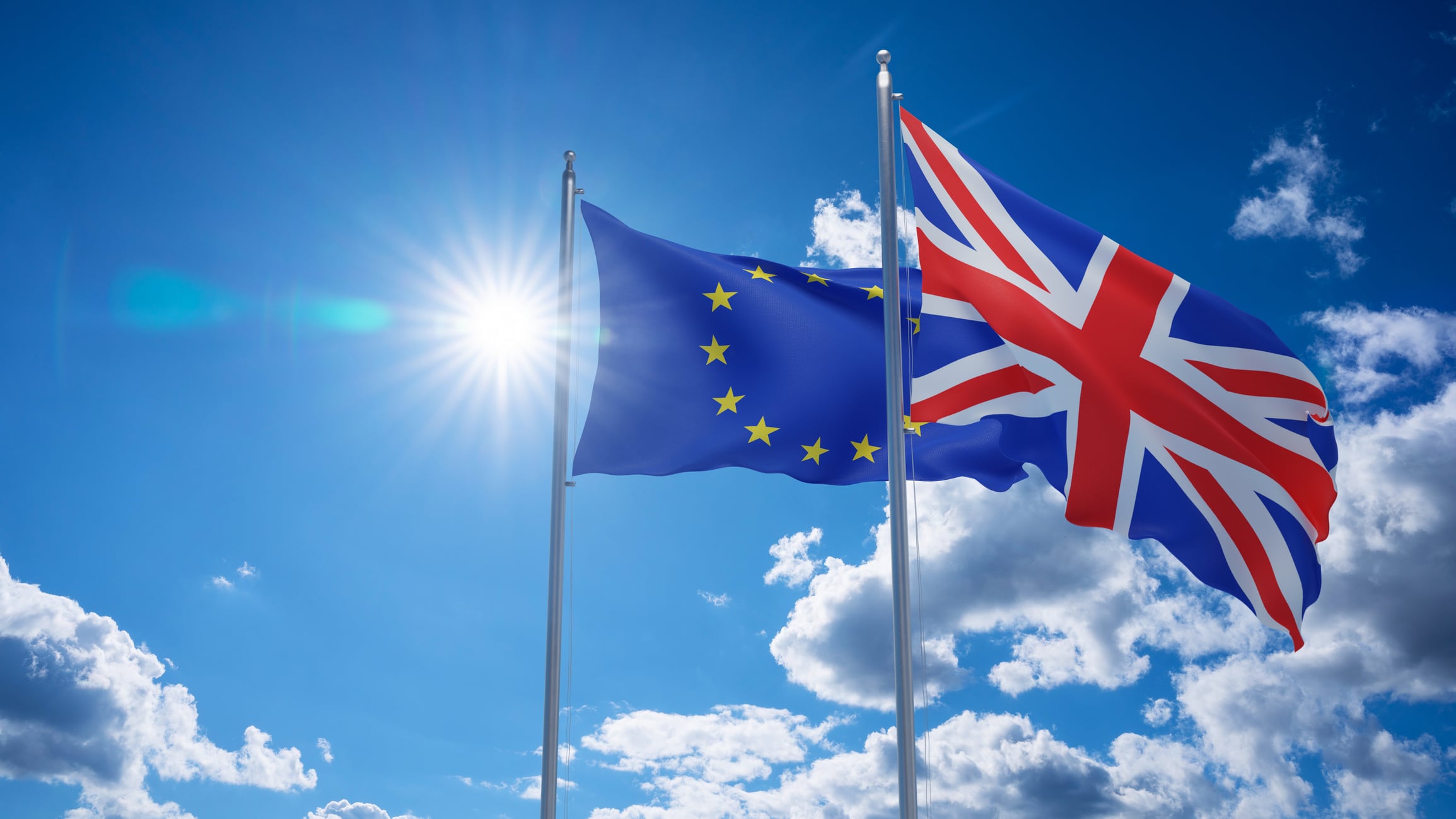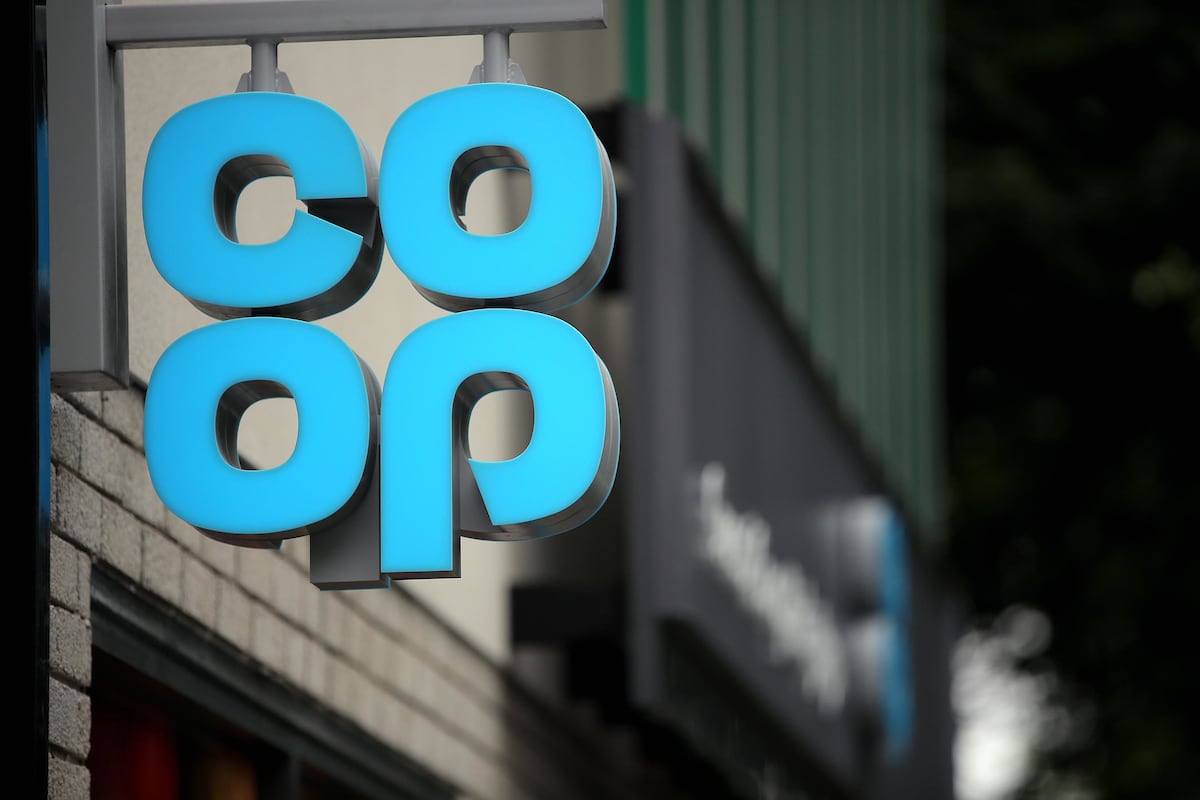As part of the deal, a new SPS agreement will make it easier for food and drink manufacturers to import and export goods by reducing red tape.
A 12-year deal has also been reached to grant fishing access for EU boats into British waters, while certain routine checks on animal and plant products will be removed completely, including between Britain and Northern Ireland.
Since Brexit there has been a 21% drop in exports to the EU and a 7% drop in imports from the trading bloc.
The UK and EU will also collaborate more closely on emissions by linking their respective Emissions Trading Systems. The government said that this measure will help improve the UK’s energy security and avoid businesses being hit by the EU’s carbon tax due to come in next year.
Combined, the SPS and Emissions Trading Systems linking measures are set to add nearly £9 billion to the UK economy by 2040.
Prime minister Keir Starmer said that the deal would help the UK Government deliver on its mission of growing the economy, creating jobs and put more money in people’s pockets.
“It’s time to look forward, to move on from the stale old debates and political fights to find common sense, practical solutions which get the best for the British people,” he added.
“We’re ready to work with partners if it means we can improve people’s lives here at home.
“So that’s what this deal is all about – facing out into the world once again, in the great tradition of this nation. Building the relationships we choose, with the partners we choose, and closing deals in the national interest. Because that is what independent, sovereign nations do.”
However, Scotland’s economy secretary, Kate Forbes, said that deal had sold out the fishing industry.
“Labour promised fishing communities in Scotland that their interests would be protected in this process, but this deal shows those promise counted for nothing,” Forbes continued.
“Given the importance of fishing to Scotland it is also astonishing that the Scottish government was giving no warning of this great betrayal of our fishing fleet. From Stornoway to Peterhead, fishing communities know that Labour’s promises mean nothing.”
Food sector responds
Karen Betts, Chief Executive at The Food and Drink Federation (FDF), welcomed the announcement for creating a closer trading relationship between the UK and EU, while also acknowledging the “shared high standards” in food and drink.
“Trade with the EU is incredibly important to UK food and drink manufacturers,” said Betts.
“Europe is our single biggest customer, and most of the food and drink we import – from ingredients to finished products – comes from Europe too. However, trade in both directions has become complex and challenging. UK food and drink exports to Europe have fallen by a third since 2019 and businesses continue to face challenges and delays with imports.
“A high-quality agreement will have clear benefits for consumers and businesses. However, the government must continue to work closely with industry on the detail and ensure the UK is able to influence EU decision making where this impacts British businesses and competitiveness, particularly where the UK aligns with EU rules.”
Elsewhere, National Farmers’ Union president Tom Bradshaw praised the government’s ambition to make trade easier between the UK and EU.
“Of course, as always in trade agreements, the detail is king and we will be scrutinising the specifics of this deal as they become available in the coming weeks, and as talks continue between the UK Government and the EU,” he added.
Provision Trade Federation director general Rod Addy singled out the changes to Export Health Certificates requirements and SPS checks for praise.
“This will fix many of the trade barriers that exist between this country and its nearest and biggest customer and supplier,” said Addy.
“This deal is everything our members were hoping for and takes much of the cost, stress and hard work out of exports and imports to and from the EU. In particular, the lifting of checks for food shipped from Britain and the EU for sale solely in Northern Ireland would also simplify things for the industry. Sales of shellfish and certain areas of chilled meat would also be able to resume.”





